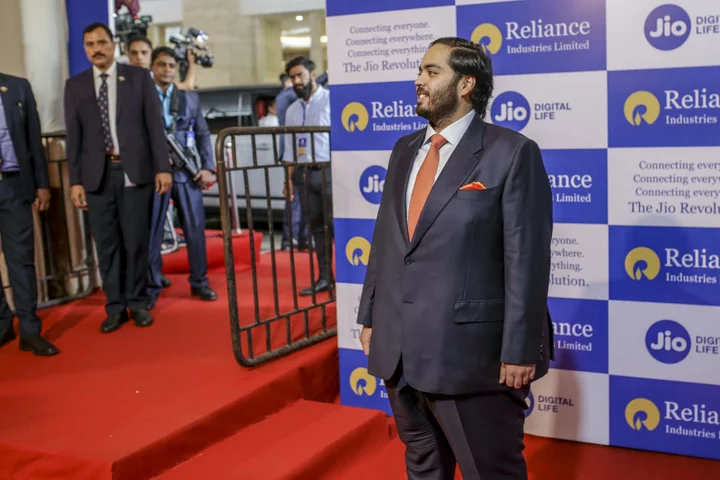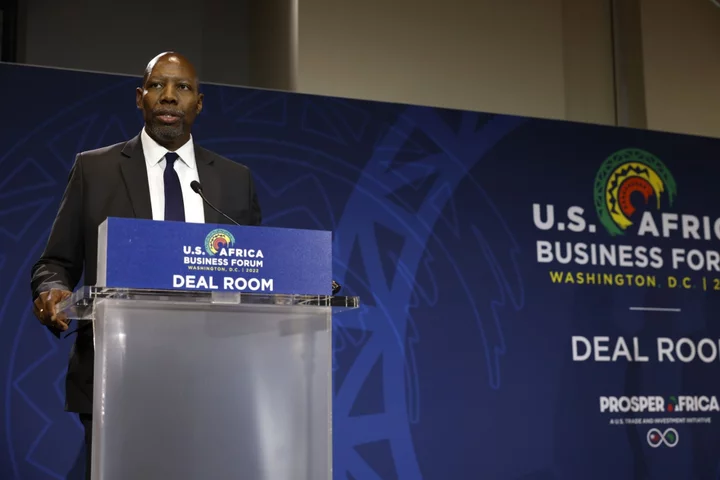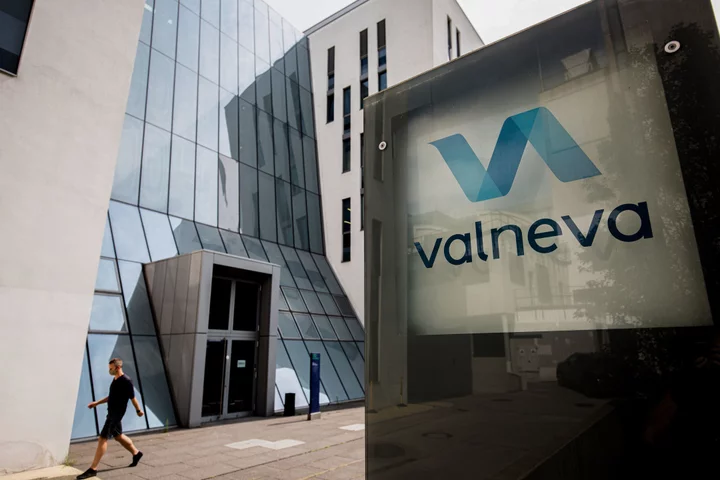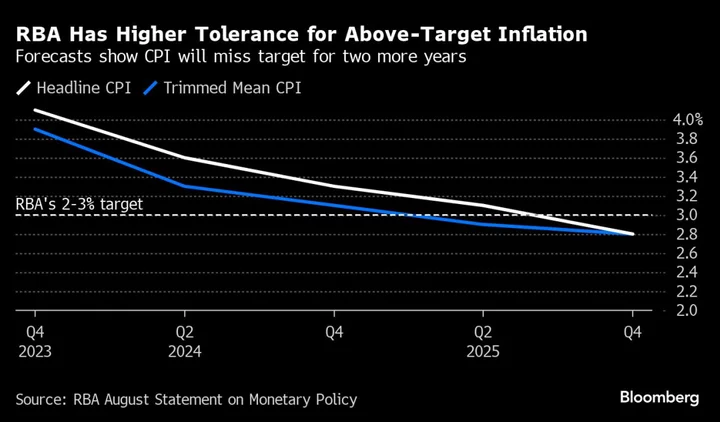Sign up for the India Edition newsletter by Menaka Doshi – an insider's guide to the emerging economic powerhouse, and the billionaires and businesses behind its rise, delivered weekly.
Institutional Shareholder Services Inc., an international proxy advisory firm, has recommended that shareholders vote against the proposal to appoint billionaire Mukesh Ambani’s youngest son, Anant Ambani, on the board of the family-controlled Reliance Industries Ltd., underscoring concerns around succession planning at India’s largest company by market value.
“A vote against this resolution is warranted as Anant Ambani’s limited leadership/board experience of around six years, raises concerns on his potential contribution to the board,” ISS said in an Oct. 12 note, which it shared with Bloomberg. It has backed the board appointments of his twin-elder siblings, Isha and Akash Ambani — both 31 — in the shareholder vote that will close on Oct. 26. Anant is 28 years old.
ISS’s objections echo the recommendations from Mumbai-based Institutional Investor Advisory Services, or IIAS, which said in an Oct. 9 report, that “at 28 years of age,” appointment of the young Ambani scion “does not align with our voting guidelines.” IIAS has supported the proposals seeking to elect Isha and Akash.
Reliance did not respond to Bloomberg’s queries but told the proxy companies that Anant has “the relevant experience and maturity to add value to the board deliberations” given his participation in the conglomerate’s businesses and the grooming he has received from senior leadership over the years. Both ISS and IIAS added Reliance’s response to their reports.
Another international proxy firm, Glass Lewis, is in favor of Anant’s appointment. “We do not single out Anant Ambani from the other siblings based on experience,” Decky Windarto, Glass Lewis’s director of Asia-Pacific Research, said in an emailed response. “We noted that the other two directors up for election are just three years older than Anant, with similar professional experiences.”
While the induction of Anant and his siblings as non-executive, non-independent directors, is critical to the succession plan announced by Asia’s richest person, the counterpoints from proxy advisories show that Ambani and the “next-generation” leaders at $190 billion group will continue to be in focus for corporate governance watchers.
Evolving Expectations
The recommendations from ISS and IIAS also point to the evolving investor expectations from a conglomerate that now counts Google and Meta Platforms Inc. among marquee investors in its consumer businesses.
Reliance’s founders own over 41% shares in the company, making them the single largest voting chunk. The three resolutions need a majority of votes cast to go through. Foreign and local institutions, that often vote based on proxy firms’ recommendations, own close to 40% in Reliance. Their stance will be known after the voting closes.
Succession is a crucial issue for the billionaire. Ambani, who was appointed to the Reliance board in 1977 at the age of 20, had to tackle a bitter fraternal feud after his father died without a will in 2002.
From Reliance investors’ viewpoint, the leadership transition is critical as the fossil fuel behemoth transforms into a consumer and technology titan with massive green energy ambitions. Ambani told shareholders in August he intends to helm the company for five years as he prepares his children.
Akash has been working at Reliance Jio Infocomm Ltd. since 2014 and is currently its chairman, said the company notice to shareholders. Isha has been driving the expansion of the retail business as an executive director of Reliance Retail Ventures Ltd. Both have presented to shareholders at the flagship’s annual shareholder meeting in the past few years.
Anant, said to be driving the expansion of energy and materials businesses, especially green energy, has yet to formally address shareholders. Anant has been a member of Reliance’s executive committee, is on the boards of two green energy subsidiaries and “has been part of the decision making for the large strategic investments and partnerships,” according to the company response included in the ISS report.









